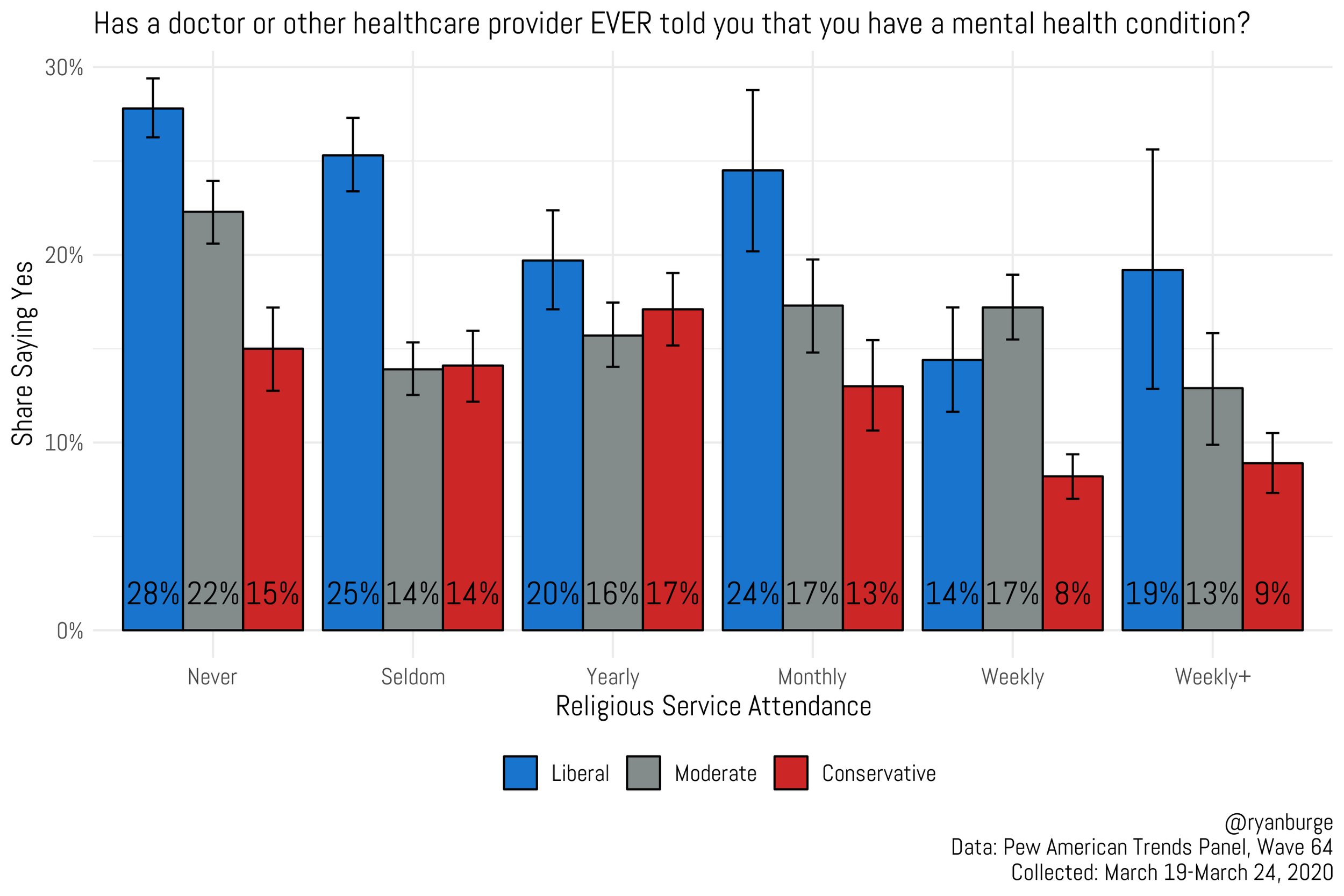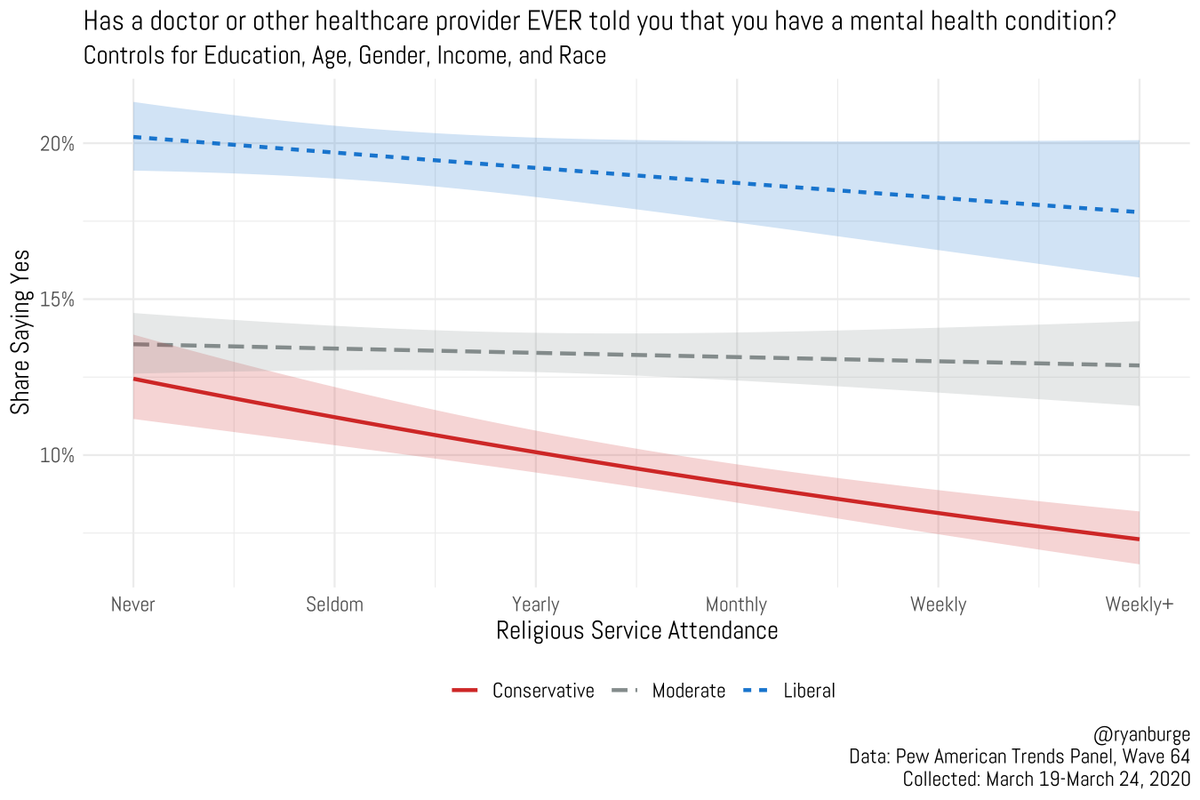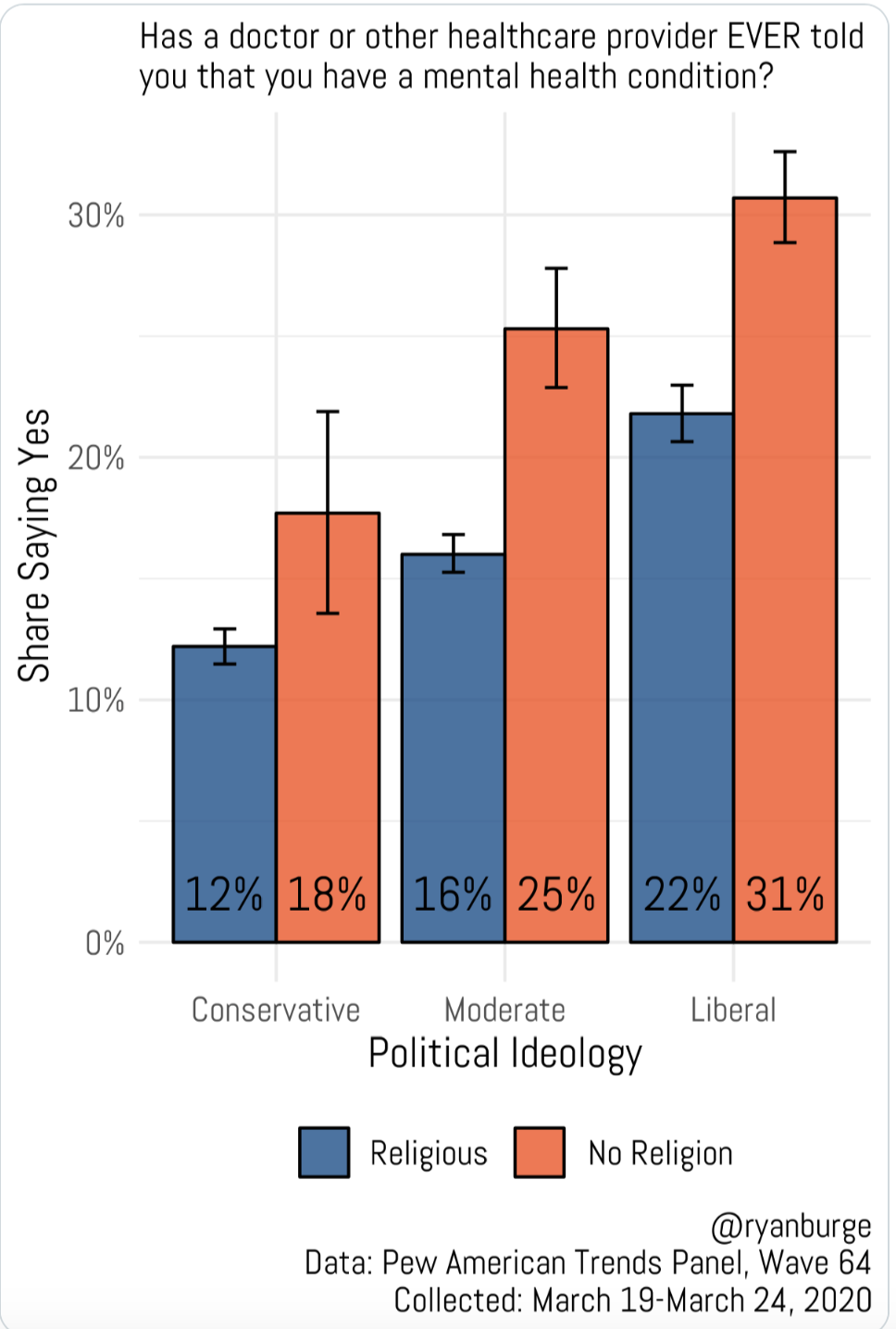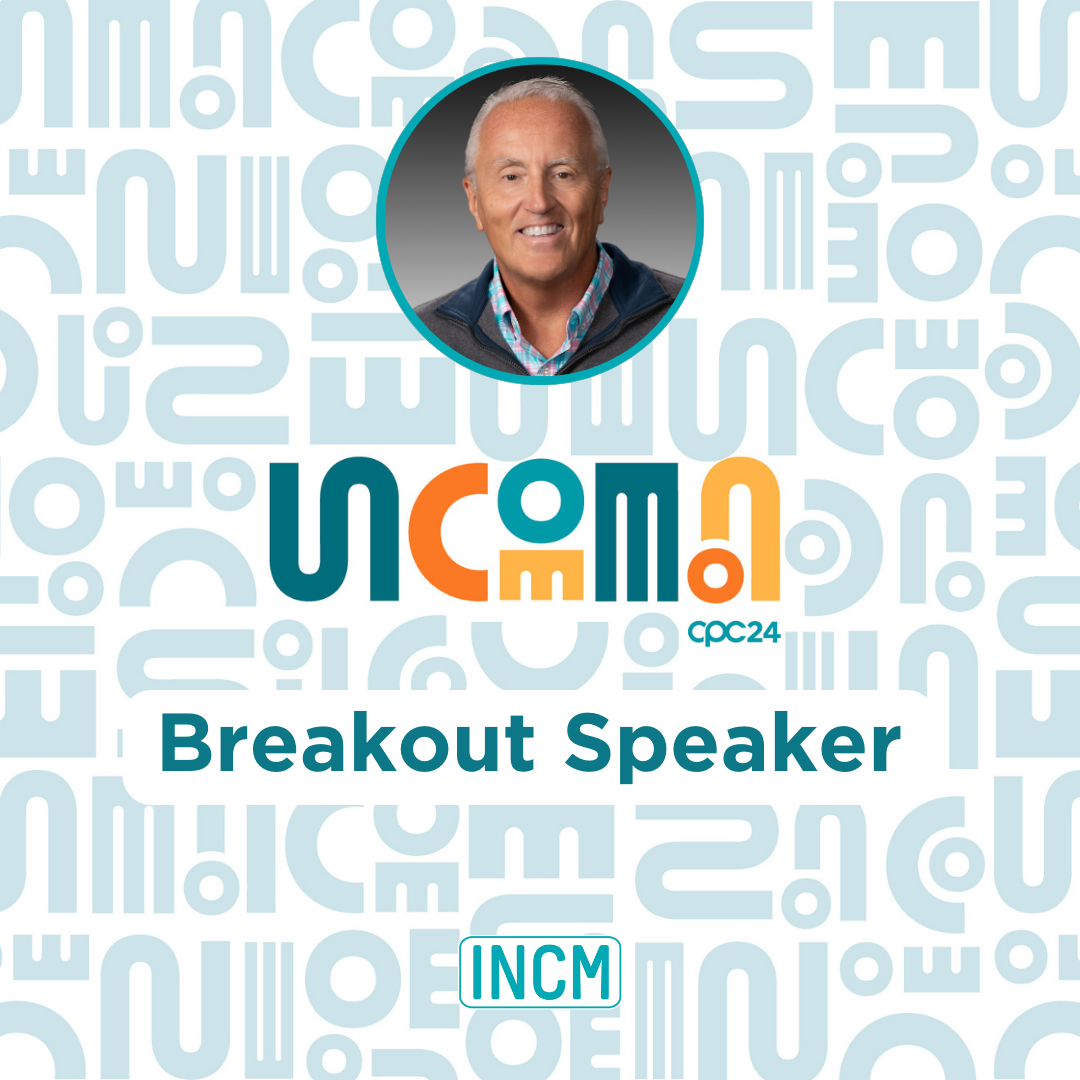News and commentary on topics related to mental health, medicine and ministry for faithful Christians, especially those serving in positions of leadership in the church from the physician and child psychiatrist who founded Key Ministry.
I’m Worried About the Boys, Too
Jonathan Haidt is an interesting guy - he’s a social psychologist at NYU who started a non-profit (Heterodox Academy) I belong to for university professors seeking to promote viewpoint diversity. He’s coming out with a book in 2024 looking at the social and cultural factors responsible for the growing mental health crisis in boys. He has a hypothesis put forth in this article that the combination of school cultures increasingly hostile to boys, elimination of rough and tumble play and the allure of video games with opportunities for coalition competition have contributed to a decades-long mental health crisis resulting in young men ill-prepared for work, romantic relationships and marriage.
I’ll be doing a deep dive into this on Mornings with Brian on Moody Radio Cleveland in the 7:00 AM hour on Wednesday the 3rd.
Compelling and Credible Witness: The Church and Youth Mental Health is taking place both live and online on Friday, February 9th from Denver Seminary in Littleton, CO.
How should Christians respond to this youth mental health crisis? Can the Church take a more proactive and positive approach to mental health? How does youth psychology relate to the gospel? What are the skills and virtues youth need to cope with our society’s challenges? How can those who care for youth be salt and light in this cultural moment? How can Christian educators, youth pastors, nonprofit leaders, and families think holistically and intergenerationally about promoting wellness?
Compelling and Credible Witness: The Church and Youth Mental Health is one of the most important events I'll do all year. Thanks to Denver Seminary for hosting this event on how we as the church might respond to the youth mental health crisis. Attend in person at the seminary on February 9th or check out the online option. Registration for both is FREE.
Three Interesting Charts: The Relationship Between Religiosity, Political Orientation, Church Attendance and Mental Illness
Ryan Burge is a political science professor at Eastern Illinois University who is a bi-vocational pastor in an American Baptist Church. He maintains the Substack Graphs About Religion where I stumbled across a series of graphs looking at religiosity, rates of mental health diagnosis, political orientation and church attendance..
This chart demonstrates rates of professionally diagnosed mental illness and church attendance. Conservatives consistently report lower rates of mental illness. Regardless of one’s political orientation, the greater the frequency of one’s church attendance, the lower the likelihood of mental illness.
Here’s the same data, after controlling for education, age, gender, income and race:
Regardless of one’s political orientation, non-religious adults within each political orientation were about 50% more likely to have a diagnosed mental illness.
The presumption in all of this research is that church attendance is good for one’s mental health? But what if poor mental health represents an impediment to church attendance?
Should Pastors Encourage Secular Therapy?
Ed Welch is a highly regarded Biblical counselor who raises the question of how pastors should minister with attendees who seek out secular therapy. He makes some excellent points in this article about the importance of vetting mental health professionals. He also pointed out the benefits of helping attendees reframe their care from a Biblical perspective when care from qualified and competent Christians is unavailable.
Beth Golik and myself will be in Orlando next week as presenters at the Children’s Pastors Conference. If you’re a follower of Key Ministry in the Central Florida area, we’d love to meet up and talk about how we might come alongside your church as you minister with kids and families impacted by disability. Handouts for our lectures along with our mental health inclusion planning tool, and our special needs and disability ministry checklist may be found here.









